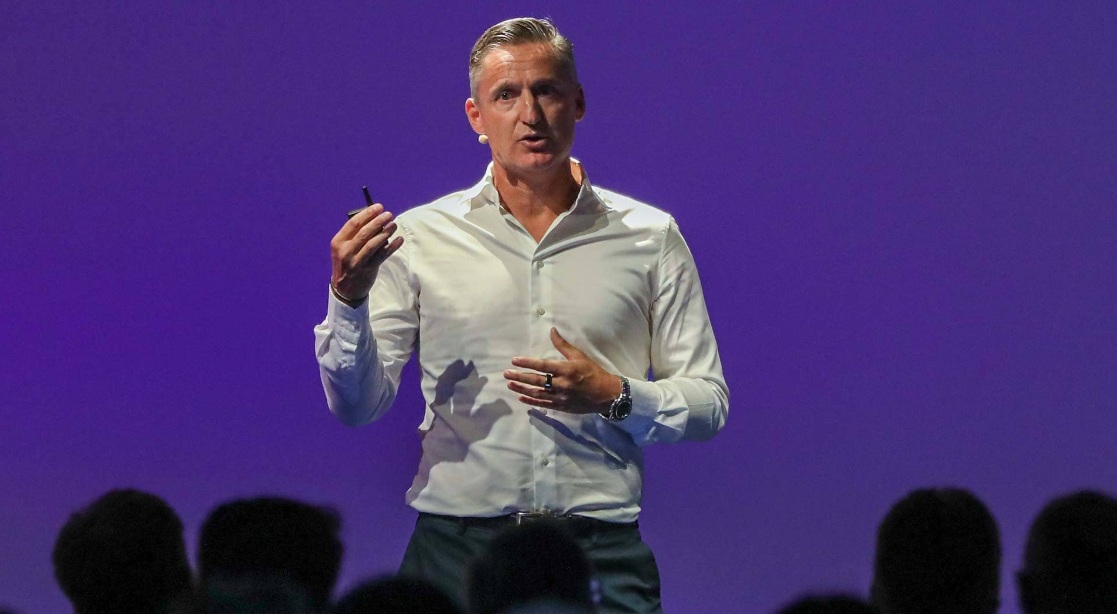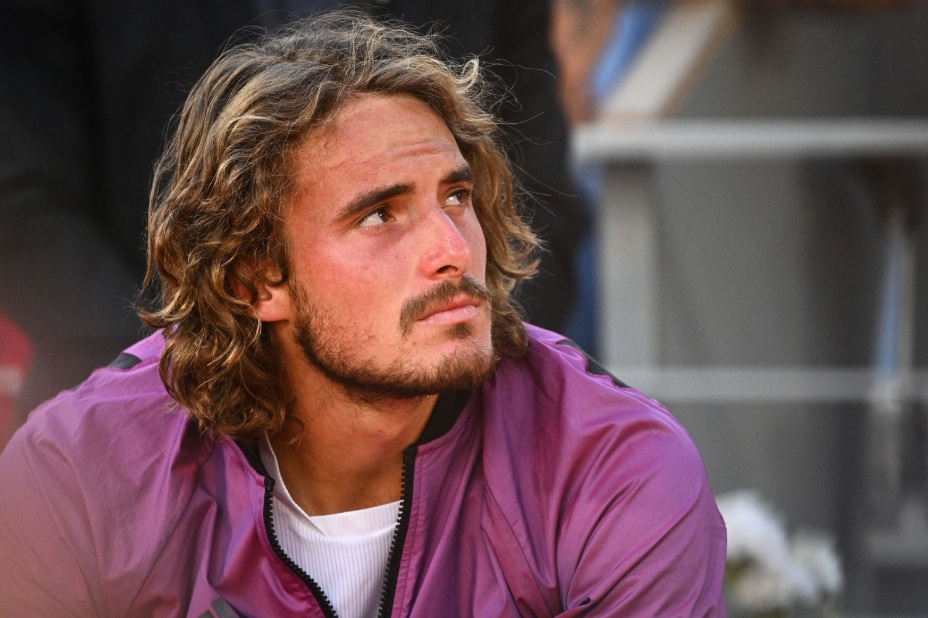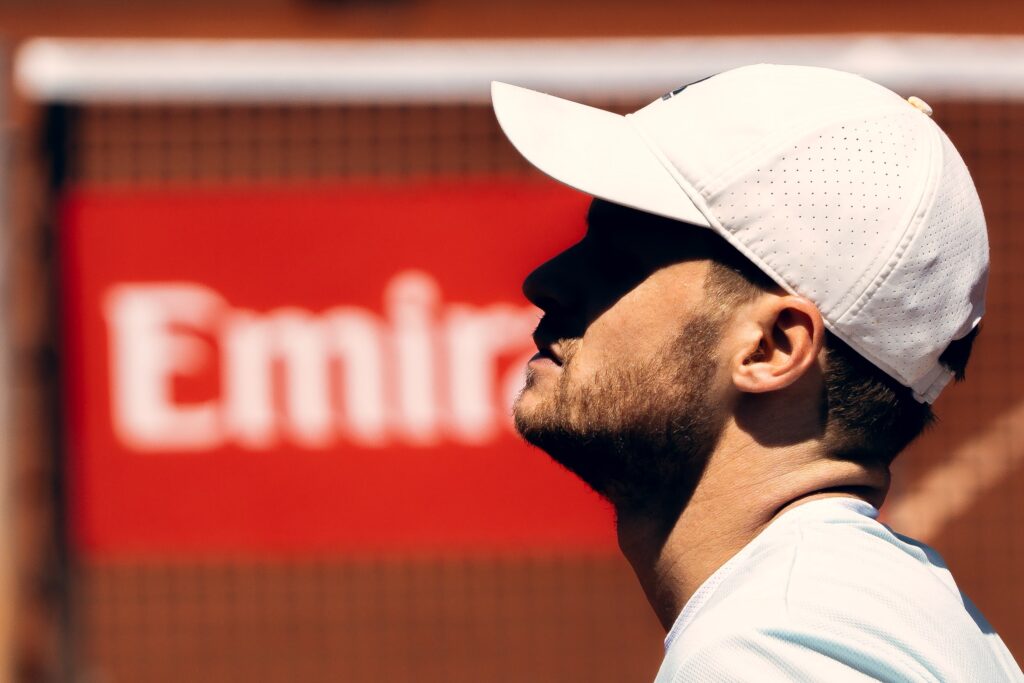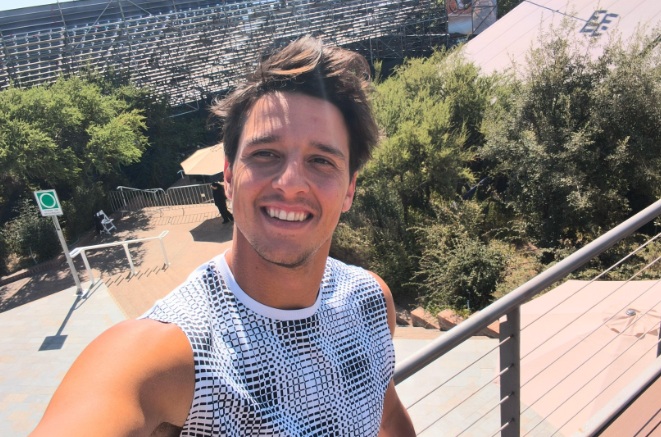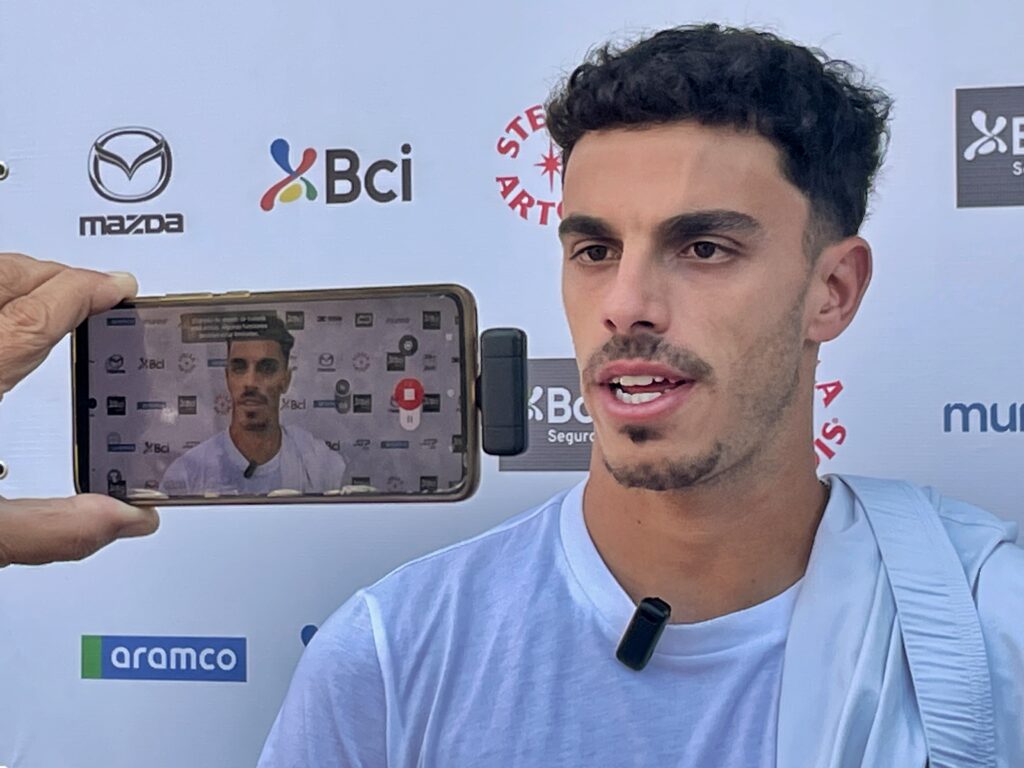The men’s professional circuit, led by Andrea Gaudenzi, is planning a restructuring — and the main losers will be the smaller tournaments.
“The goal is to continue reducing the number of 250 events,” the ATP Chairman said on Thursday in Turin during the ATP Finals.
The ATP wants to have only ten weeks of 250s in 2028. In 2025, the smallest events in the elite tennis pyramid were spread across 17 weeks. Gaudenzi, meanwhile, wants eight weeks of 500 tournaments, compared to nine this year.
“If you’re at the top, you’ll play the four Slams, the ten Masters, and maybe a 500. If you’re lower, you’ll play more 500s and 250s. Further down, 250s and Challengers. In my opinion, if you’re Sinner or Alcaraz, you don’t need to play a 250 for money. That’s what the Masters 1000s are for,” said the Italian.
The changes are justified for several reasons, according to Gaudenzi, starting with the addition of the tenth Masters 1000, which will be launched in 2028 in Saudi Arabia, presumably in February.
The intentions of the men’s tennis leadership confirm what Toni Nadal told CLAY in July 2023: “Smaller tournaments are often left unprotected by the ATP.”
“We’ve entered a world where people don’t give much value to the small tournaments anymore. I think it’s a mistake,” said Nadal, director of the ATP 250 in Mallorca, played on grass as a warm-up for Wimbledon.
The event, run by Rafael Nadal’s uncle and former coach, is trembling — as are many other tournaments around the world.
Another concern is extending the length of the off-season, something players have repeatedly demanded.
“A player needs two weeks off, and then two weeks to rebuild his body. After that, some time to pick up the racquet again. It definitely needs to be longer than what we have now,” the Italian said at the press conference.
What players don’t like is the extended duration of almost all Masters 1000 events — the ATP’s “premium product,” which Gaudenzi wants to strengthen.
4) “A lot of times money rules”: Martín Jaite on the strength of the Saudis.@sebastianfest.https://t.co/GjCiQwYeTj
— Clay (@_claymagazine) October 15, 2025
Many voices have spoken out against the extra week added to Madrid, Rome, Canada, Cincinnati and Shanghai.
The latest to oppose the two-week Masters 1000s was Australia’s Alex de Miñaur: “You spend a month to play two tournaments… You spend the whole month away from home, practising, staying in a hotel, living out of a suitcase, not really enjoying your free time — and you only play six matches, right? I think if you ask any of the players, they’d all prefer one-week events. It allows us to switch off.”
“What a lot of people don’t understand is that, yes, you might have a day off, but it’s not a full day off. You’re training, going to the courts, warming up, going to the gym,” said the world No. 7.
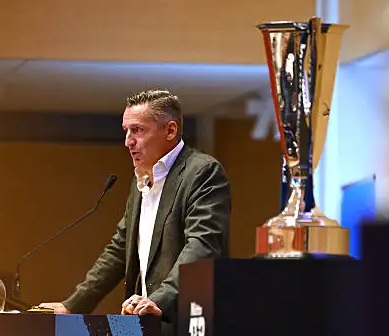
Andrea Gaudenzi in Turin
The main motivation for insisting on a system players don’t really like is, in Gaudenzi’s own words, money: “At a 15-day tournament, you can sell a lot of tickets. Tennis is a sport where ticketing carries huge weight. It can account for 50 or 60% of a tournament’s revenue. In other sports, the biggest income comes from sponsors.”
The Davis Cup could also undergo changes to ease the calendar. The Italian believes the competition, whose 2025 finals will be played in Bologna, should be held every two years.
“No World Cup in any other sport is played annually. If the Davis Cup switched to a biennial format, it would be better for the product and would also relieve pressure on the calendar.”
To make that idea a reality, however, he will need to negotiate with the ITF.
